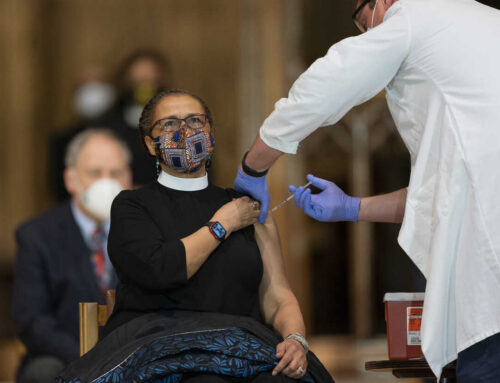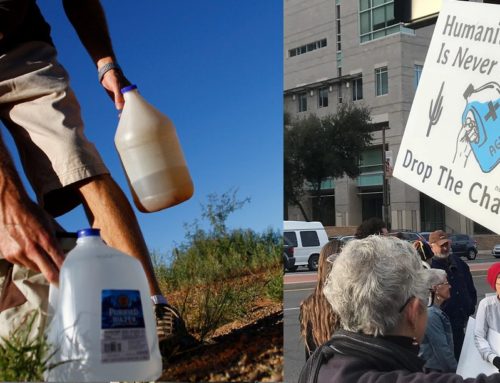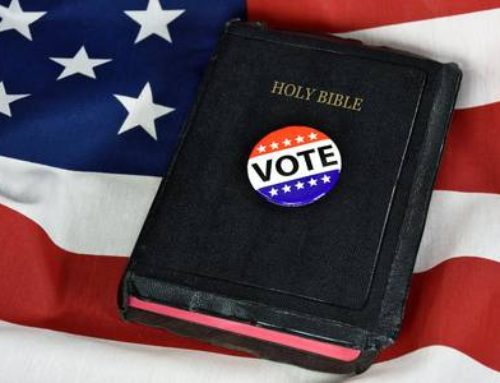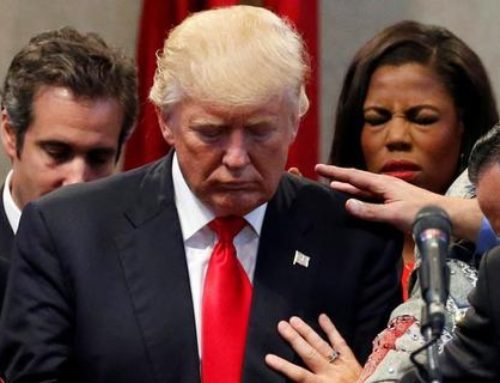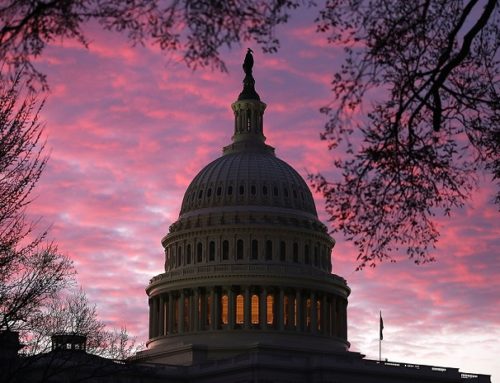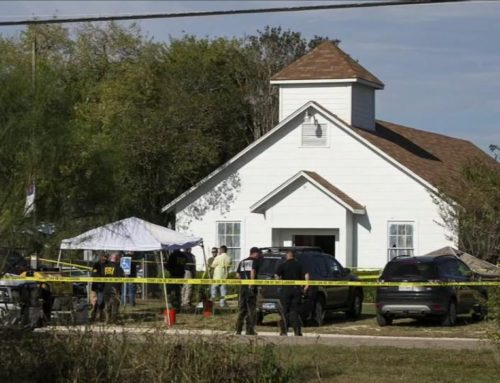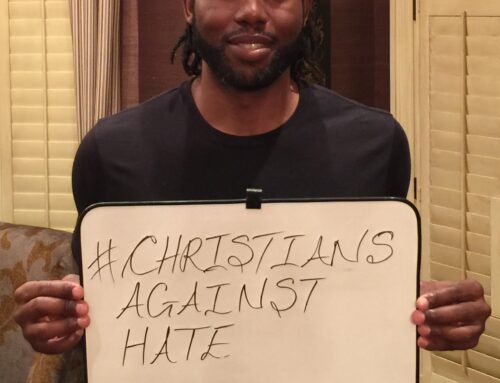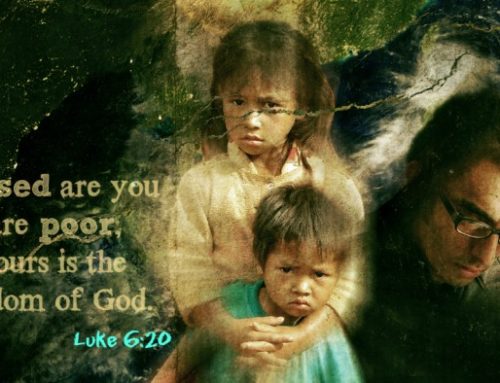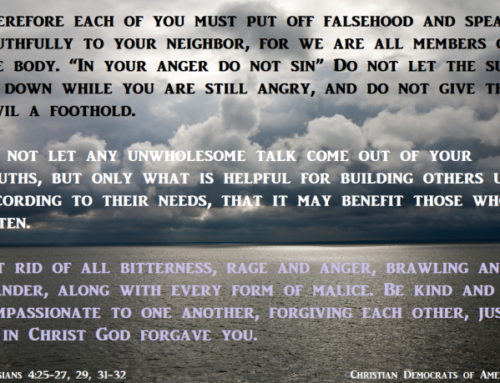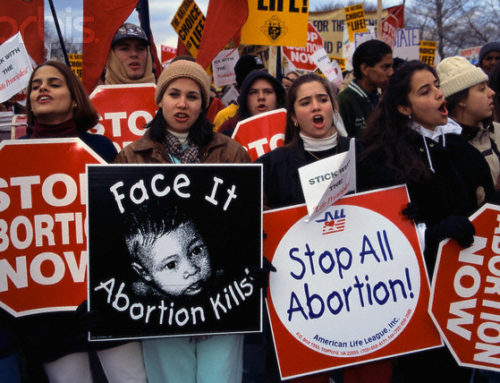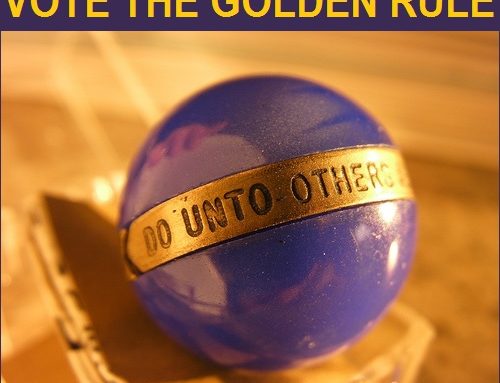 by Laney Wylde
by Laney Wylde
Professor Ferris’s favorite food was donuts. He advocated for them because they were deep fried cake covered in sugar that we ate for breakfast, and what could be better? He had the taste in music of an eleven-year-old girl. And he taught my Theology II class at Biola.
Theology I covered essential doctrine, the fundamentals of our faith about which all Christians agree. Theology II covered mostly nonessential doctrine, or, what Ferris anxiously referred to as “the controversial stuff.”
Can women be pastors? Do Christians have spiritual gifts? Do we really have free will?
For each topic, Ferris presented his (and often the university’s) conclusion based on scripture as well as a case for the opposing side. When disagreeing with a cited theologian, he would say, “But he’s preached a sermon on every verse of the Bible. Can’t we agree that he’s at least knowledgeable?” Or, “This guy knows that much about the papyrus Paul wrote on. Shouldn’t we listen to him?”
Of course, we should. Because we can disagree on nonessentials and remain part of the same body of Christ.
Later that year, Biola Underground, an online support group for the closeted LGBTQ+ community on campus, surfaced. This caused a surge of controversy among students and faculty. And, by controversy, I of course mean our venting in hushed conversations about why gay students would even apply to Biola when the school’s stance on the issue was clear.
That stance: homosexuality was not sinful, but acting on same-sex attraction was. Therefore, no students were allowed to embrace a homosexual lifestyle while enrolled.
So, if gay students wanted a Christian school that would let them be, why Biola? Why not Azusa Pacific right down the road? Why did they sign the Code of Conduct? Or even the Statement of Faith?
To address the growing tension on campus, the university had a celibate, gay theologian speak in chapel and, at another time, a faculty panel discussing sexuality. During that panel, one of the school’s best-loved professors shouted, “L-G-B-T-Q-I-A-A…? How many letters of sin do we have to be tolerant of?”
That’s how we felt: we were doing our best to obey God and honor His Word. This group wanted us to lessen our view of Scripture and compromise our faith for their sex lives.
We were the better Christians. We loved God more because our desires wouldn’t skew our interpretation of Scripture. They had bad theology.
About nonessential doctrine.
Important doctrine, sure. But essential for salvation? No.
But we acted like it was.
I mean, at no point did Ferris stand up and Theology II and shout, “Egalitarianism, Arminianism, cessationism…how many sins do we have to be tolerant of?” Half the class would have walked out.
So, in honor of Prof. Ferris, I checked out the viewpoint I hadn’t looked into in depth before. Here’s what I found.
1. LGBTQ+ Christians know and respect Scripture just as much as you do (if not more).
Of course, there are exceptions. Look at any Christian group and you’ll find varying degrees of reference for and knowledge of God’s Word. The same is true for our LGTBQ+ siblings.
The difference is that they have usually wrestled with their faith on a level most of us couldn’t understand. They study Scripture with such fervor––especially the passages pertaining to sexuality––because they have believed their sexual identity clashed with their identity in Christ.
Like egalitarians and complementarians, they simply weighed the evidence and came to a different theological conclusion. (If you’re interested in a robust Christian defense of same-sex marriage, check out this sermon.)
2. When nonessential doctrine supplants essential doctrine, the gospel drowns.
Every church kid learns about the Pharisees in Sunday school––the Jewish religious leaders who preached not only Mosaic Law, but also a crap-ton of extra laws to keep anyone from getting close to breaking the law. In Matthew 23:13-14, Jesus says, “Woe to you, teachers of the law and Pharisees, you hypocrites! You shut the door of the kingdom of heaven in people’s faces. You yourselves do not enter, nor will you let those enter who are trying to.”
Since this piece of our doctrine is neither settled nor necessary for salvation, should we allow it to come between anyone and the gospel? Or are we being like the Pharisees, tying “up heavy, cumbersome loads and put[ting] them on other people’s shoulders,” loads we would ourselves be unwilling to lift (Matthew 23:4)?
3. We are all sinners saved by grace.
For Christians who believe same-sex relationships are sinful, why is this the sin we give the most attention too? Why not arrogance? Why not gossip? Why not disobeying our parents? The very passage (Romans 1) that Christians believe condemns homosexuality condemns these as well.
To what end? Romans 2: “You, therefore, have no excuse, you who pass judgment on someone else, for at whatever point you judge another, you are condemning yourself, because you who pass judgment do the same things.”
How great is our theology if we missed the point of this passage? Worse, did we elevate our interpretation of a verse in Romans 1 over the message of God’s Word as a whole? We accuse LGTBQ+ Christians of skewing scripture to fit their needs. Don’t we do that ourselves?
4. When you say with good intentions, “it’s a sin like any other,” LGBTQ+ Christians hear all the ways you say it’s not.
They see the pastor officiate your wedding (even if you slept together before it) when they can’t bring their partner to church. They see the laws you vote for that chip away at their dignity. They see you overlook socially acceptable sin while condemning them in name of righteousness.
5. Your LGBTQ+ siblings haven’t seen you take up your cross the way you’re asking them to take up theirs.
If God called you to a life of celibacy when you were in love, would you do it? If you couldn’t, would you be ready to face excommunication from your community? Have you repented of your sin the way you expect them to? Maybe you have. I know I haven’t.
All this to say, this article is not me taking a stance on the issue of homosexuality’s sinfulness or lack there of. Because knowing whether it’s a sin or not isn’t going to change the fact that Christ covered all our sins on the cross. That’s essential doctrine.
Sexuality is not.
Laney Wylde is an author and CDA contributor. Follow her at @LaneyWylde on Twitter.





